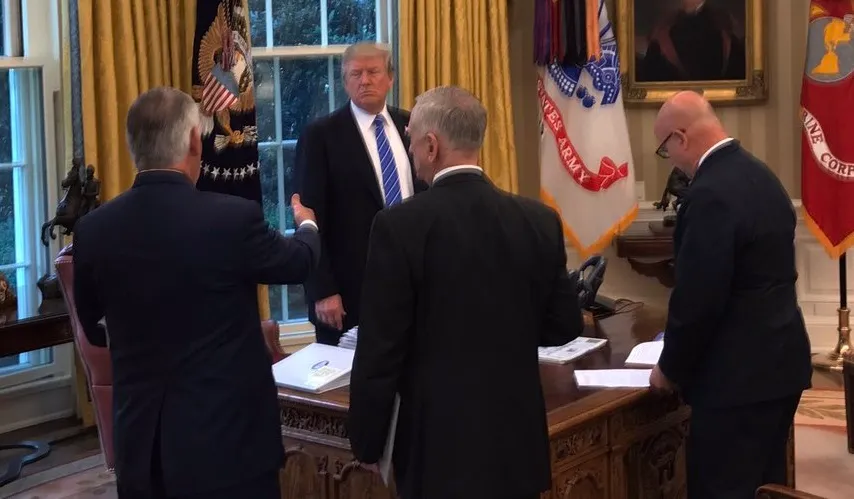
The Trump administration has introduced comprehensive visa restrictions affecting citizens from 41 countries, aiming to enhance national security measures.
In a significant policy shift, the Trump administration has announced new visa restrictions targeting citizens from 41 countries. This initiative seeks to bolster national security by imposing varying degrees of travel limitations based on each country's cooperation in addressing security concerns.
Details of the Visa Restrictions
The proposed restrictions categorize countries into three distinct groups:
- Full Visa Suspension: Ten countries, including Iran and North Korea, face a complete suspension of visa issuance.
- Partial Visa Suspension: Five countries, such as Eritrea and Haiti, will experience partial suspensions affecting specific visa categories.
- Conditional Partial Suspension: Twenty-six countries, including Belarus and Pakistan, are subject to conditional suspensions. These nations must demonstrate progress in addressing identified security deficiencies to avoid further restrictions.
These measures align with President Trump's 2023 commitment to tighten immigration policies from regions perceived as security threats.
Impact on Academic Institutions
The administration's actions extend beyond travel restrictions, affecting academic institutions and free speech. Department of Homeland Security agents recently conducted searches in the rooms of two Columbia University students as part of an investigation into alleged violations of terrorism and civil rights laws during last year's protests. No arrests were made, and the university complied with legal procedures during the operation.
Additionally, the administration revoked the visa of Ranjani Srinivasan, an Indian doctoral student, for allegedly advocating violence. The government is also utilizing artificial intelligence to monitor students supporting Hamas, emphasizing that advocacy of violence and terrorism invalidates visa privileges.
Debate Over Civil Liberties
These developments have sparked a national debate concerning civil liberties and free speech. Critics argue that the administration's actions resemble authoritarian practices, warning that suppressing certain freedoms threatens the rights of all citizens. The case of Mahmoud Khalil, a Columbia University graduate facing deportation due to his pro-Palestinian activism, exemplifies these concerns. Despite not committing a crime, Khalil's activism has led to visa revocation, highlighting potential overreach in targeting perceived anti-American activities.
Conclusion
The Trump administration's implementation of new visa restrictions and intensified scrutiny of academic institutions reflect a broader strategy to enhance national security. However, these measures raise critical questions about the balance between ensuring security and protecting individual freedoms. As debates continue, the nation faces the complex challenge of navigating policies that safeguard both national interests and civil liberties.